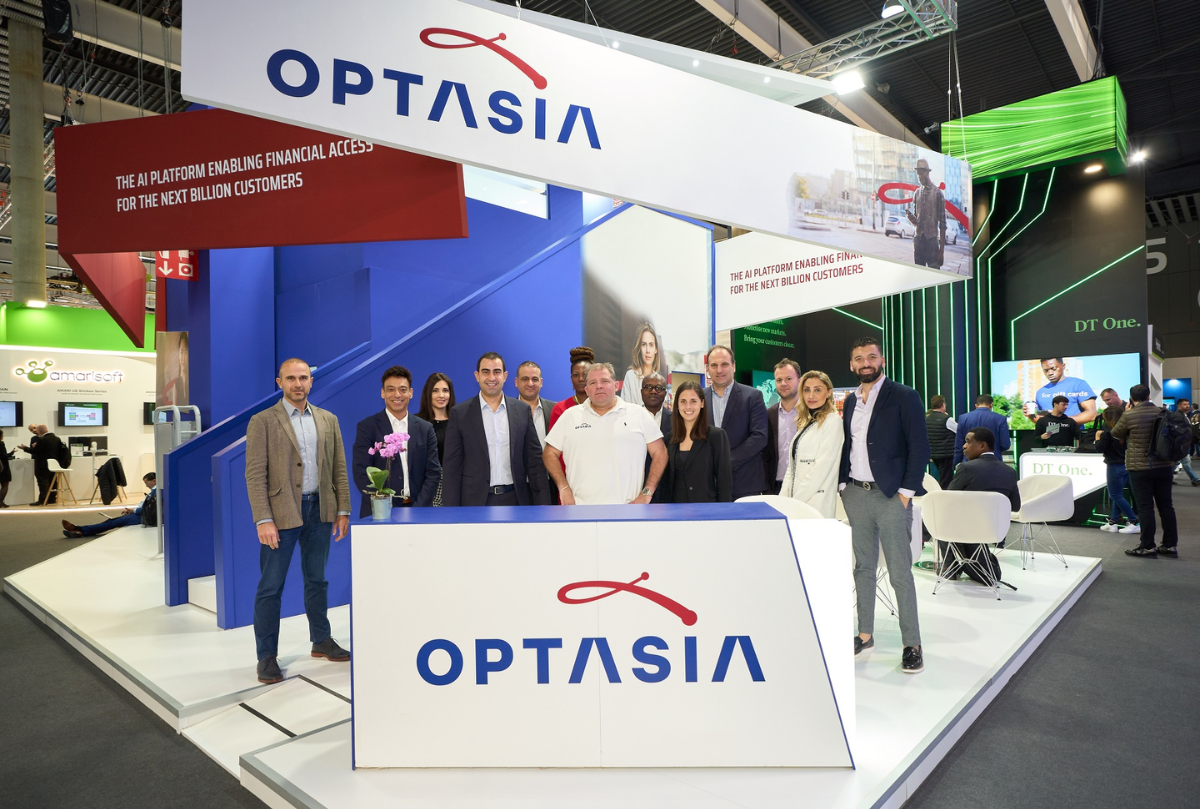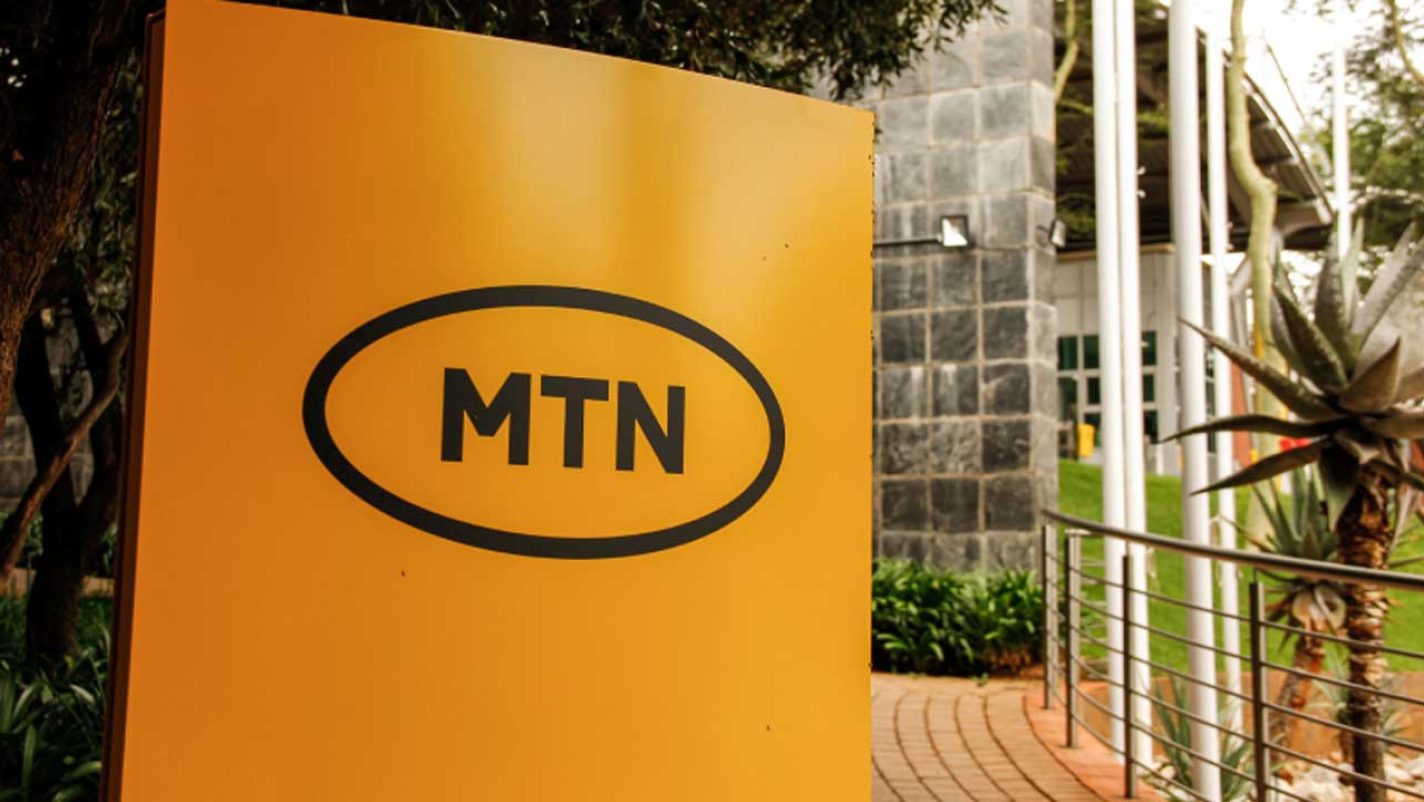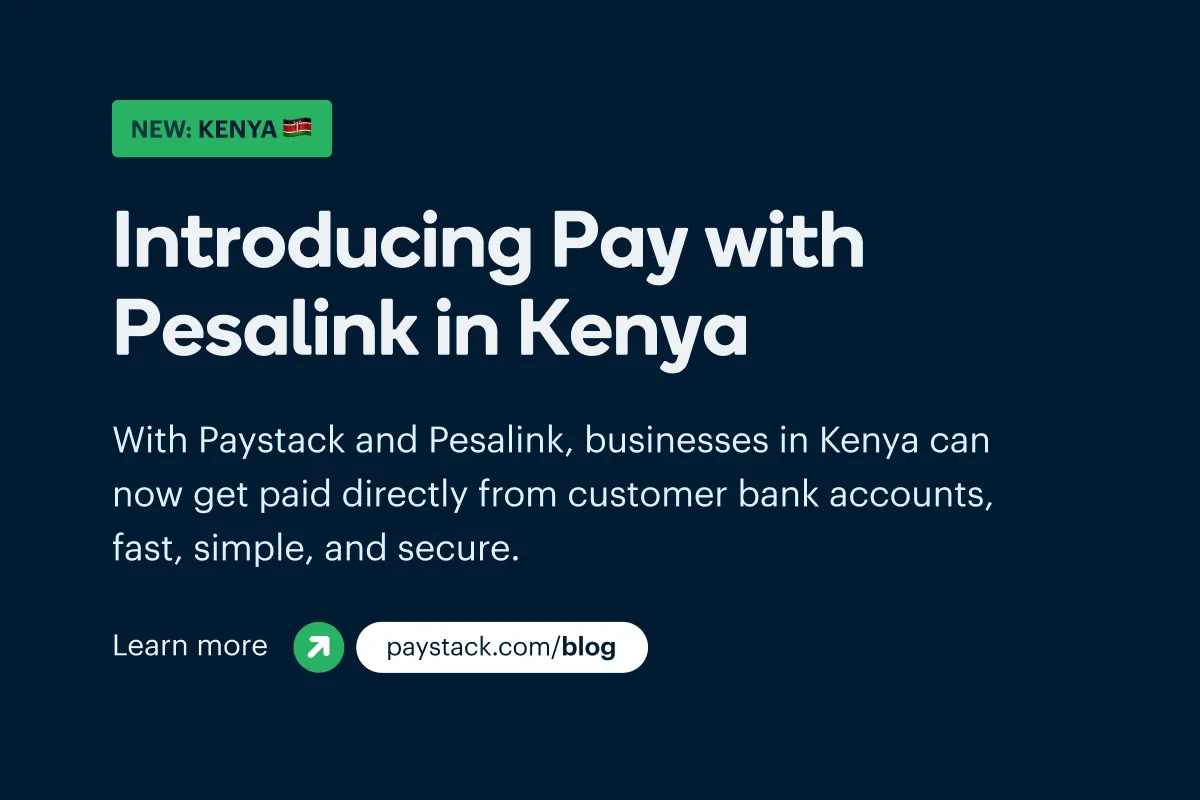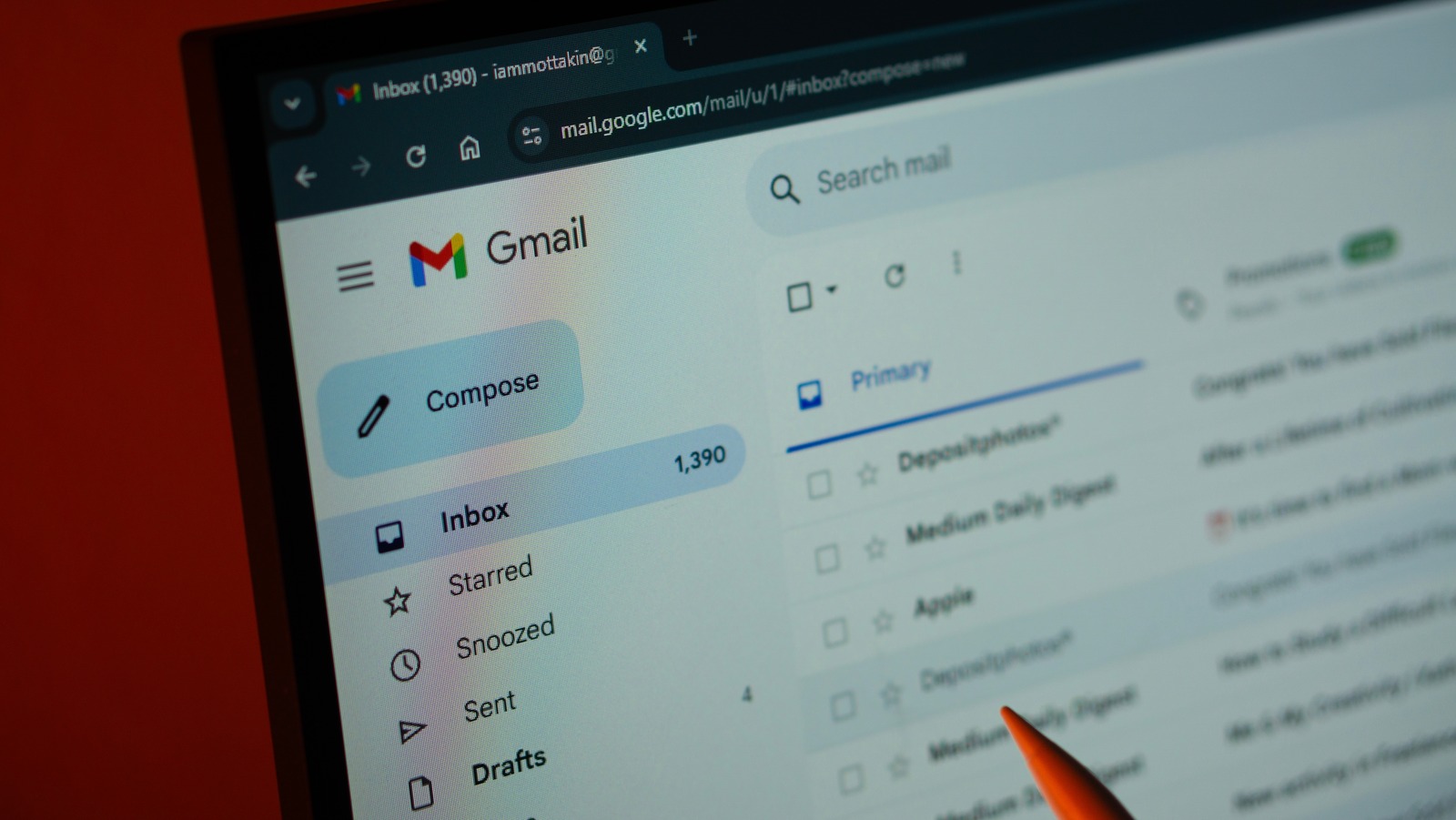
Welcome to November. 
It’s Monday and the global streaming market wasn’t quiet last Friday. Netflix wants to buy Warner Bros Discovery. The streaming giant that brings you (well, some parts of Africa) cartoons, superhero dramas, and soap operas, could soon be living under the same roof with Netflix, and your data usage will thank you (or cry) from choice paralysis.
Just one problem, though. If this happens, is Maxime Saada and Canal+ Group still giving us that “super-app” with Netflix and the rest? Because, I mean, a WB Discovery acquisition—if it happens—is pretty much a super-app play. Somebody left the gas on for too long at Netflix HQ.
Hop on, see what we’ve got for you today.
—Emmanuel

- Optasia closes bookbuilding, to list November 4
- Access Bank reports $1.13M in fraud losses
- MTN Nigeria made $522M in profit after tax
- Special Number
- World Wide Web 3
- <a href="#Story6Events
Fintech
JSE-bound Optasia to finally list on November 4

It’s all eyes on Optasia this week, the buzzy AI-powered lending fintech that has South Africa—and much of the tech world—on the edge of their seats.
Two catch-up gist and one update for you: Optasia plans to list on the Johannesburg Stock Exchange (JSE), and last week, FirstRand Group, which owns South Africa’s second-largest bank, snapped up a 20.1% share in the fintech. But FirstRand isn’t the only institutional investor with eyes on this breakout company. That said, Optasia finally has a date to bring some of that goodness to retail investors: November 4.
On October 30, Optasia closed its planned bookbuilding, which allowed institutions and high-net-worth investors to buy shares ahead of the IPO, at the top end of the R15.5–R19 ($0.89–$1.10) range. Optasia saw strong investor demand: it sold about 68 million “subscription shares,” which the fintech plans to use to fund its expansion into East Asia, Kenya, Egypt, and Indonesia. The reported amount raised in the media is speculation, but Optasia planned to raise $365 million for this expansion.
A further 238 million went to “sale shares,” which allow early investors to sell for profit when Optasia finally goes public. FirstRand Group, Chronos Capital, TRF Africa Optasia Consortium, and Zoey Enterprise Holdings now control two-thirds of the fintech. In total, Optasia likely raised the targeted R23.5 billion ($1.3 billion) “unicorn” pre-IPO valuation, due to the oversubscription. Retail investors will be able to buy Optasia shares from November 4.
Yet an IPO raises the stakes for the 2012-founded fintech. A public listing brings closer scrutiny; this is why many startups remain private. Optasia operates in emerging markets providing small-ticket microloans, which exposes it to currency swings, credit risk, and regulatory shocks. The oversubscription hype is still early days and might not translate to long-term share performance, and expansion plans into multiple countries could stretch resources thin.
eCommerce Without Borders: Get Paid Faster Worldwide

Whether you sell in Lagos or Nairobi, customers want local ways to pay. Let shoppers check out in their local currency, using cards, bank transfers, or mobile money. Set up seamless payments for your global online store with Fincra today.
Banking
Access Bank reported $1.13 million in fraud losses in H1 2025
Access Bank, Nigeria’s largest bank by assets, reported losing ₦1.64 billion ($1.13 million) to fraud in H1 2025, a 254% increase from last year’s ₦464 million ($360,630). The surge, detailed in its parent company’s latest filings, highlights how digital fraud in Nigeria is becoming more targeted and sophisticated.
State of play: The biggest culprit was forged instruments, which alone cost Access ₦831.96 million ($574,000). Fraudulent transfers and fake account reactivations also contributed to the losses. In total, Access faced ₦2.25 billion ($1.6 million) in attempted scams, with nearly three-quarters resulting in actual losses.
Fraud losses are ballooning: Industry data from the Financial Institutions Training Centre (FITC), a financial research and advisory firm, shows fraud losses across Nigerian banks ballooned over 600% in Q1 2025, even as most incidents were traced to external actors, not insiders.
The rise comes as banks spend heavily on cybersecurity. Access increased tech investments by 147% in 2024 and has already spent nearly ₦70 billion ($48.4 million) this year. FITC notes that fraud is shifting from a volume issue to a value game, where criminals target fewer but higher-value accounts.
Between the lines: Yet it is not only Access Bank feeling the impact. Across the banking sectors of many countries, fraud and evolving cybersecurity measures remain a constant push and pull. In August, the Central Bank of Nigeria (CBN) mandated all licenced players in its payments ecosystem to adopt the ISO 20022 financial messaging standard by October 31, 2025. The standardisation will enable financial service providers to capture more detailed, harmonised transaction information, which could support stronger compliance checks, fraud monitoring, and analytics.
Zoom out: Fellow tier-1 banks UBA and GTCO fared better, reporting ₦288 million ($199,000) and ₦225 million ($155,500) in fraud losses, respectively, during the same period. If anything, as digital systems improve, Nigerian banks continue to face evolving threats that test the resilience of their security measures.
Paga is in USA

Paga is live in the U.S.! Whether you’re in Lagos or Atlanta, manage your money effortlessly. Send, Pay, and Bank in both Naira and US Dollars, all with Paga. Learn more.
Telecoms
MTN Nigeria’s comeback from two consecutive losses

MTN Nigeria bled through two straight years of losses that wiped out retained earnings and halted dividend payments, forcing the telecom giant into defensive mode. First, it lost ₦137 billion ($95 million) in 2023, then 2024 came with an even deeper ₦400 billion ($276 million) hit.
A mix of factors was responsible for the red ledger, including the naira’s freefall, rising inflation, and tariffs that couldn’t move to match reality.
The turnaround: This year, MTN Nigeria posted a 245.7% year-on-year rise in profit after tax to ₦750.19 billion ($522 million) for the nine months ending September 2025.
What caused this dramatic jump? The macro environment where MTN operates became workable. The naira stabilised, inflation eased from 34.8% to 18%, and MTN implemented a long-delayed 50% tariff adjustment, allowing it to match revenue to cost realities. At the same time, data usage among Nigerians continued its steady rise, with data consumption hitting an all-time high of 1.1 million terabytes in July 2025, despite a decline in subscriptions. This contributed to driving MTN’s data revenue to ₦1.98 trillion ($1.38 billion).
It wasn’t luck; MTN spent crazy money. MTN more than tripled its capital expenditure to ₦757.4 billion ($527 million) in 2025, directing funds into network expansion, fibre rollout, spectrum renewal, and digital-service infrastructure. This investment deepened capacity and positioned the network to handle rising data loads sustainably.
Zoom out: This turnaround is the outcome of a deliberate recalibration by the telecom giant. As Nigeria’s data consumption continues to grow, MTN is positioning itself to compete from a stronger footing going forward. Hopefully, the years of losses have been left behind.
Paystack introduces Pay with Pesalink in Kenya!

With Pesalink and Paystack, businesses in Kenya can now get paid directly from customer bank accounts. Learn more here 
SPECIAL NUMBER
$3.63 billion
That is how much MTN and Airtel made in Nigeria in nine months. Last year, the naira’s fall nearly broke both telecom companies, as massive FX losses dragged them into the red. But in 2025, a stronger and more stable naira has flipped the script, driving a combined 49.79% revenue growth.
MTN recorded a ₦55.6 billion ($38.4 million) FX gains, while Airtel booked $90 million from the naira strengthening, proof that the financial fate of Nigeria’s biggest telecom firms is tightly bound to the strength of their earning currency.
Learn more about businesses and their many money-making schemes in this week’s Follow The Money column. Every Monday, unpacks the most important earnings, business models, and growth strategies shaping the future of Africa’s tech ecosystem.
PalmPay is Showing Nigerians the Smarter Way to Bank

Your expenses can fund your flex. How? PalmPay Spend and Save helps you stash cash automatically every time you spend. Earn up to 20% interest when you save with PalmPay. Learn more.
CRYPTO TRACKER
The World Wide Web3
Source:

|
Coin Name |
Current Value |
Day |
Month |
|---|---|---|---|
| $107,627 |
– 0.27% |
– 4.75% |
|
| $3,894 |
– 0.42% |
– 6.99% |
|
| $7.79 |
+ 1.86% |
+ 9.76% |
|
| $185.69 |
– 3.19% |
– 11.16% |
* Data as of 06.30 AM WAT, November 3, 2025.
Events
- The 7th edition of the Art of Technology Lagos (AOT Lagos) will take place on Thursday, December 4, 2025, at the Landmark Event Centre. Organised by Eko Innovation Centre in partnership with the Lagos State Ministry of Innovation, Science and Technology, this year’s conference will explore how future technologies can help build a more sustainable Lagos. The event will gather government leaders, investors, startups, and innovators to shape practical policies and solutions for the city’s growth. Highlights include keynote sessions, workshops, the AOT Ecosystem Awards, a Career Pavilion, and the Collaborate Lagos Pitch, where entrepreneurs present solutions to real urban challenges. Register to attend by December 4.
- The Africa Women Innovation and Entrepreneurship Forum (AWIEF) will host its 11th annual conference on October 30–31, 2025, at the Cape Town International Convention Centre. Themed “Breaking the Barriers: Now More Than Ever,” the event will feature over 60 African and global leaders discussing finance, innovation, sustainability, and women’s entrepreneurship. Confirmed speakers include Dr Fatima Elsheikh of BADEA, Hajar El Haddaoui of the Digital Cooperation Organization, and government representatives from Malawi, Seychelles, and South Sudan. Register here.
- The Ogun Digital Summit returns for its 6th edition on November 20, 2025, at the June 12 Cultural Centre in Abeokuta. Organised by Grazac in partnership with the Ogun State Government, the summit will gather entrepreneurs, founders, and investors to discuss the future of work, startup funding, and the role of policy in driving growth. Speakers include Abideen Yusuf, Managing Director at Microsoft Nigeria and Ghana, and Seye Bandele, Co-founder of PaidHR. Over 3,000 participants are expected to attend. Register here.
- Every startup has a story worth hearing. My Startup in 60 Seconds by offers founders a one-minute spotlight to share their vision, challenges, and achievements. Beyond visibility, it connects you to investors, customers, and Africa’s tech ecosystem. Apply to be featured or explore other advertorial opportunities. This is a paid opportunity.

Written by: Emmanuel Nwosu and Opeyemi Kareem
Edited by: Emmanuel Nwosu & Ganiu Oloruntade
Want more of ?
Sign up for our insightful newsletters on the business and economy of tech in Africa.
- The Next Wave: futuristic analysis of the business of tech in Africa.
- TC Scoops: breaking news from
- TNW: Francophone Africa: insider insights and analysis of Francophone’s tech ecosystem
P:S If you’re often missing TC Daily in your inbox, check your Promotions folder and move any edition of TC Daily from “Promotions” to your “Main” or “Primary” folder and TC Daily will always come to you.












